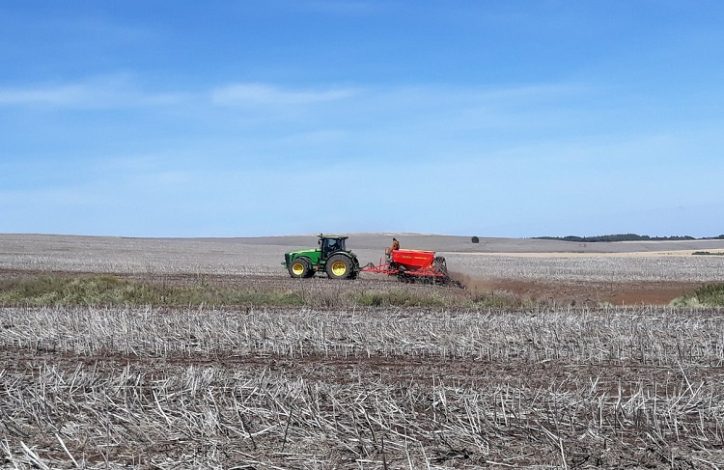The economic outlook in Kenya has been lowered by 5.7% in 2019, a slight decrease from the estimated 5.8% growth experienced in 2018 by the World Bank.
“The medium-term growth outlook is stable but recent threats of drought could drag down growth,” the World Bank said on Tuesday while releasing its 19th Kenya Economic Update (KEU), Unbundling the Slack in Private Investment. “Risks include drought conditions that could curtail agricultural output, especially if the country’s grain-growing counties are affected.”
Stephanie W. Kimani, Research Economist, Commercial Bank of Africa collaborates this, “growth forecasts for Kenya have remained bullish with the central bank maintaining its projection for 2019 at 6.3%. Even so, downside risks have increased. A protracted dry season following delays in the onset of the long rains has diluted what had been bullish forecasts for the crucial agriculture sector with potential spill over to the agro-dependent manufacturing sector.”
“This could snowball to the agro-dependent manufacturing sector and potentially the external position due to weaker exports,” she adds.
The 2019 growth projection for Kenya was revised downward further because of continued subdued private sector investment in the near-term due to diminished access to credit.
According to the World Bank, growth in 2018 was driven by favorable harvests, a resilient services sector, positive investor confidence, and a stable macroeconomic environment.
However, “The projections assume that the grain-growing regions of Kenya will receive normal rains, albeit with some delays in 2019 before normalizing over the medium term. If the March-May 2019 rains disappoint, especially for the grain-growing regions, then this could result in a further downward revision of growth for 2019 by at least 0.6% point,” said the World Bank report.
The March-April-May 2019 period has experienced delayed rains onset in many parts of the country, attributed to the Tropical Cyclone in Southern Africa.
“Delays in the long rain season and a growing need for emergency interventions to deal with food shortages is a reminder of the outstanding challenges in managing agricultural risks in Kenya,” said Felipe Jaramillo, World Bank Kenya Country Director.




